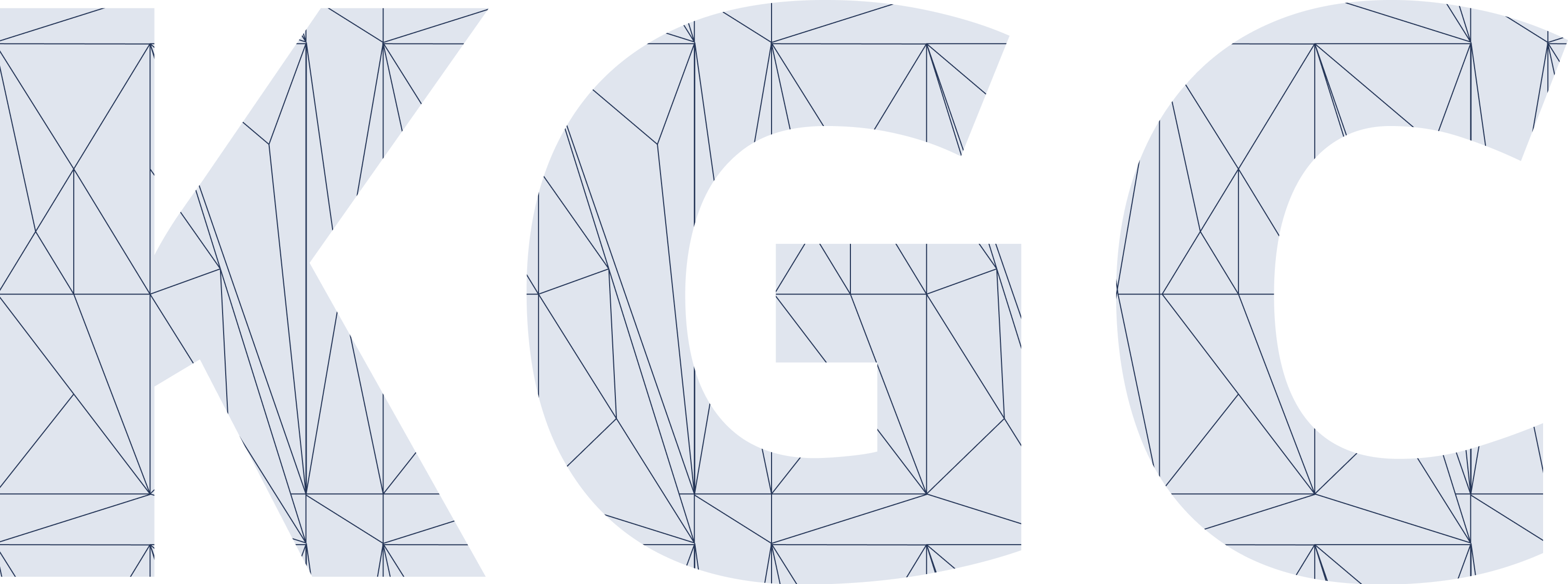Albert-László Barabási
Albert-László Barabási is both the Robert Gray Dodge Professor of Network Science and a Distinguished University Professor at Northeastern University, where he directs the Center for Complex Network Research, and holds appointments in the Departments of Physics and Computer Science, as well as in the Department of Medicine, Harvard Medical School and Brigham and Women Hospital, and is a member of the Center for Cancer Systems Biology at Dana Farber Cancer Institute. A Hungarian born native of Transylvania, Romania, he received his Masters in Theoretical Physics at the Eotvos University in Budapest, Hungary and was awarded a Ph.D. three years later at Boston University. Barabási is the author of the forthcoming book “The Formula: The Science of Success,” and his last book was “Bursts: The Hidden Pattern Behind Everything We Do” (Dutton, 2010) available in five languages. He has also authored “Linked: The New Science of Networks” (Perseus, 2002), currently available in eleven languages, and is the co-editor of “The Structure and Dynamics of Networks” (Princeton, 2005). His work lead to the discovery of scale-free networks in 1999, and proposed the Barabási-Albert model to explain their widespread emergence in natural, technological and social systems, from the cellular telephone to the WWW or online communities.
Barabási is a Fellow of the American Physical Society. In 2005 he was awarded the FEBS Anniversary Prize for Systems Biology and in 2006 the John von Neumann Medal by the John von Neumann Computer Society from Hungary, for outstanding achievements in computer-related science and technology. In 2004 he was elected into the Hungarian Academy of Sciences and in 2007 into the Academia Europaea. He received the C&C Prize from the NEC C&C Foundation in 2008. In 2009 APS chose him Outstanding Referee and the US National Academies of Sciences awarded him the 2009 Cozzarelli Prize. In 2011 Barabási was awarded the Lagrange Prize-CRT Foundation for his contributions to complex systems, awarded Doctor Honoris Causa from Universidad Politécnica de Madrid, became an elected Fellow in AAAS (Physics) and is an 2013 Fellow of the Massachusetts Academy of Sciences.
2021 Talk: From Network Medicine to Food and Knowledge Graphs
Our understanding of how diet affects our health is limited to the role of 150 key nutritional components systematically tracked by the USDA and other national databases in all foods. Yet, these nutritional components represent only a tiny fraction of the over 26,000 distinct, definable biochemicals present in our food. While many of these biochemicals have documented effects on health, they remain unquantified in any systematic fashion across different individual foods. Their invisibility to experimental, clinical, and epidemiological studies defines them as the ‘Dark Matter of Nutrition.’ I will speak about our efforts to develop a high-resolution library of this nutritional dark matter, and the tole of network medicine and knowledge graphs in our journey to uncover the role of individual food molecules in our health, opening up novel avenues by which to understand, avoid, and control disease.

